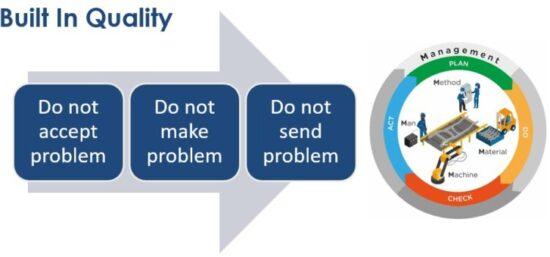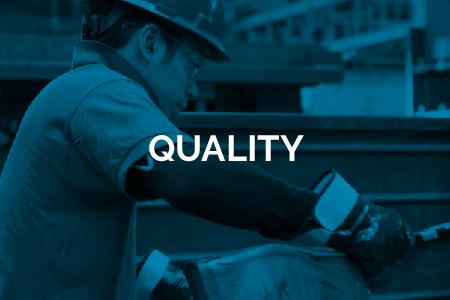
Supplier Quality Assurance (SQA) plays a critical role in ensuring that the components and materials provided by suppliers meet the required quality standards. The SQA team works closely with suppliers to maintain and improve the quality of products, thereby ensuring the reliability, safety, and performance of the final vehicle. Here are the key roles and responsibilities of Supplier Quality Assurance:
1. Supplier Selection and Qualification
- Assessing Potential Suppliers: SQA professionals are involved in the initial evaluation of potential suppliers. They assess suppliers’ capabilities, including their quality management systems, production processes, technical expertise, and financial stability, to ensure they can meet the required standards.
- Conducting Audits: The SQA team conducts audits of potential suppliers’ facilities to verify their compliance with industry standards and regulations. These audits help determine whether a supplier is qualified to provide components or materials.
2. Defining Quality Standards and Requirements
- Establishing Specifications: SQA teams work with internal stakeholders, such as engineering and procurement, to define the quality specifications and requirements for supplied components. These specifications include dimensions, materials, tolerances, and performance criteria.
- Communicating Expectations: The SQA team ensures that suppliers fully understand the quality standards and expectations. They provide detailed documentation, such as quality agreements and technical drawings, to guide suppliers in meeting these requirements.
3. Ongoing Supplier Monitoring and Audits
- Regular Audits: The SQA team conducts regular audits of approved suppliers to ensure ongoing compliance with quality standards. These audits may include process reviews, product inspections, and assessments of the supplier’s quality management system.
- Performance Tracking: SQA professionals monitor suppliers’ performance using key metrics such as defect rates, on-time delivery, and customer complaints. They maintain records of supplier performance over time to identify trends and areas for improvement.
4. Problem Identification and Resolution
- Root Cause Analysis: When quality issues arise, the SQA team works with suppliers to conduct root cause analyses. They identify the underlying causes of defects or non-conformities and develop corrective actions to prevent recurrence.
- Implementing Corrective Actions: SQA professionals collaborate with suppliers to implement corrective actions. This may involve process changes, employee training, or adjustments to quality control procedures to address the identified issues.
5. Collaboration and Continuous Improvement
- Supplier Development: The SQA team plays a key role in supplier development by helping suppliers improve their quality management systems and production processes. They provide guidance, training, and support to help suppliers meet higher quality standards.
- Continuous Improvement Initiatives: SQA professionals work with suppliers on continuous improvement initiatives aimed at reducing defects, improving efficiency, and enhancing overall quality. This may include implementing Lean manufacturing principles, Six Sigma projects, or other quality improvement methodologies.
6. Risk Management
- Identifying Risks: SQA teams assess potential risks associated with suppliers, such as production capacity issues, financial instability, or geopolitical factors. They work to identify and mitigate these risks to ensure a stable and reliable supply chain.
- Contingency Planning: In cases where a supplier fails to meet quality standards or experiences disruptions, the SQA team develops contingency plans. This may include identifying alternative suppliers, increasing inventory levels, or adjusting production schedules to mitigate the impact on the supply chain.
7. Ensuring Compliance with Regulatory Standards
- Adherence to Industry Standards: SQA professionals ensure that suppliers comply with industry-specific regulations and standards, such as ISO/TS 16949 for automotive quality management systems. They verify that suppliers adhere to these standards through audits and assessments.
- Documentation and Reporting: The SQA team is responsible for maintaining detailed records of supplier quality activities, including audit reports, corrective action plans, and performance metrics. They also provide regular reports to management on supplier quality performance and compliance.
8. New Product Introduction (NPI) Support
- Supplier Integration in NPI: During the introduction of new products, SQA professionals work closely with suppliers to ensure that new components meet quality standards from the outset. They oversee the qualification of new parts and processes, ensuring they are ready for mass production.
- First Article Inspection (FAI): The SQA team conducts First Article Inspections on initial production runs to verify that new components meet all specifications and quality requirements before full-scale production begins.
9. Supply Chain Collaboration
- Cross-Functional Teams: SQA professionals often work as part of cross-functional teams that include representatives from engineering, procurement, production, and logistics. They collaborate to address quality issues that impact the entire supply chain.
- Supplier Partnerships: SQA teams foster strong partnerships with suppliers, working together to achieve mutual goals related to quality, cost reduction, and innovation. These partnerships help create a more resilient and efficient supply chain.
10. Customer Feedback and Quality Assurance
- Handling Customer Complaints: SQA teams are involved in analyzing customer feedback related to supplier quality issues. They work with suppliers to address any complaints and ensure that corrective actions are implemented to prevent similar issues in the future.
- Continuous Monitoring: The SQA team continuously monitors the quality of supplied components, ensuring that they meet customer expectations and contribute to the overall quality of the final product.
In summary, Supplier Quality Assurance is a critical function in the automotive industry, responsible for ensuring that suppliers meet the high-quality standards required for safe and reliable vehicles. By effectively managing supplier quality, SQA professionals help automotive manufacturers reduce risks, improve product quality, and maintain a strong and resilient supply chain.
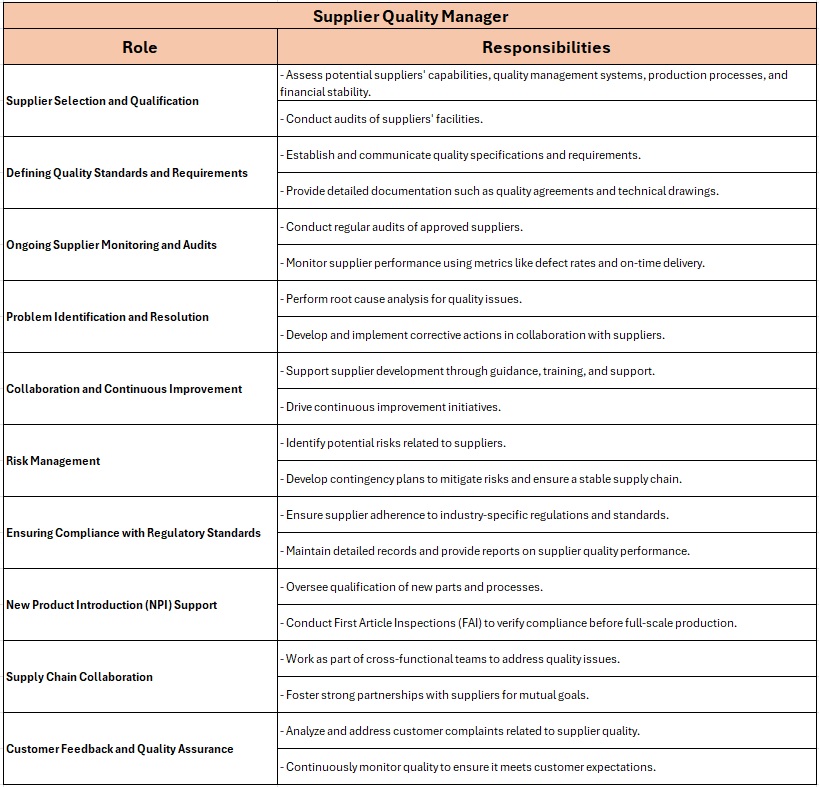
- Top 15 MNCs Every Mechanical Engineer Dreams of Joining in 2025

- How to Digitize and Automate the CAPA Process

- Top 10 Essential Tools Every Mechanical Engineer Should Know

- What is GD&T (Geometric Dimensioning & Tolerancing) ?

- Principles of IATF 16949: A Guide to Quality Management

- The Evolution of IATF 16949: The Automotive Quality Standard

- Top Interview Questions Related to SPC ,Cp and Cpk
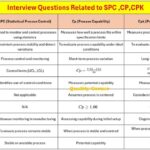
- Difference Between Purchase and Procurement
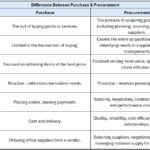
- Master Your Job Interview: Top 70 Common Interview Questions and Answers

- What Is Standard Deviation ?

- Top Interview Questions and Answers on SPC
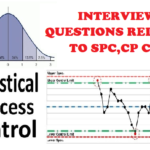
- Top 20 Interview Questions For Customer Quality Manager ?


